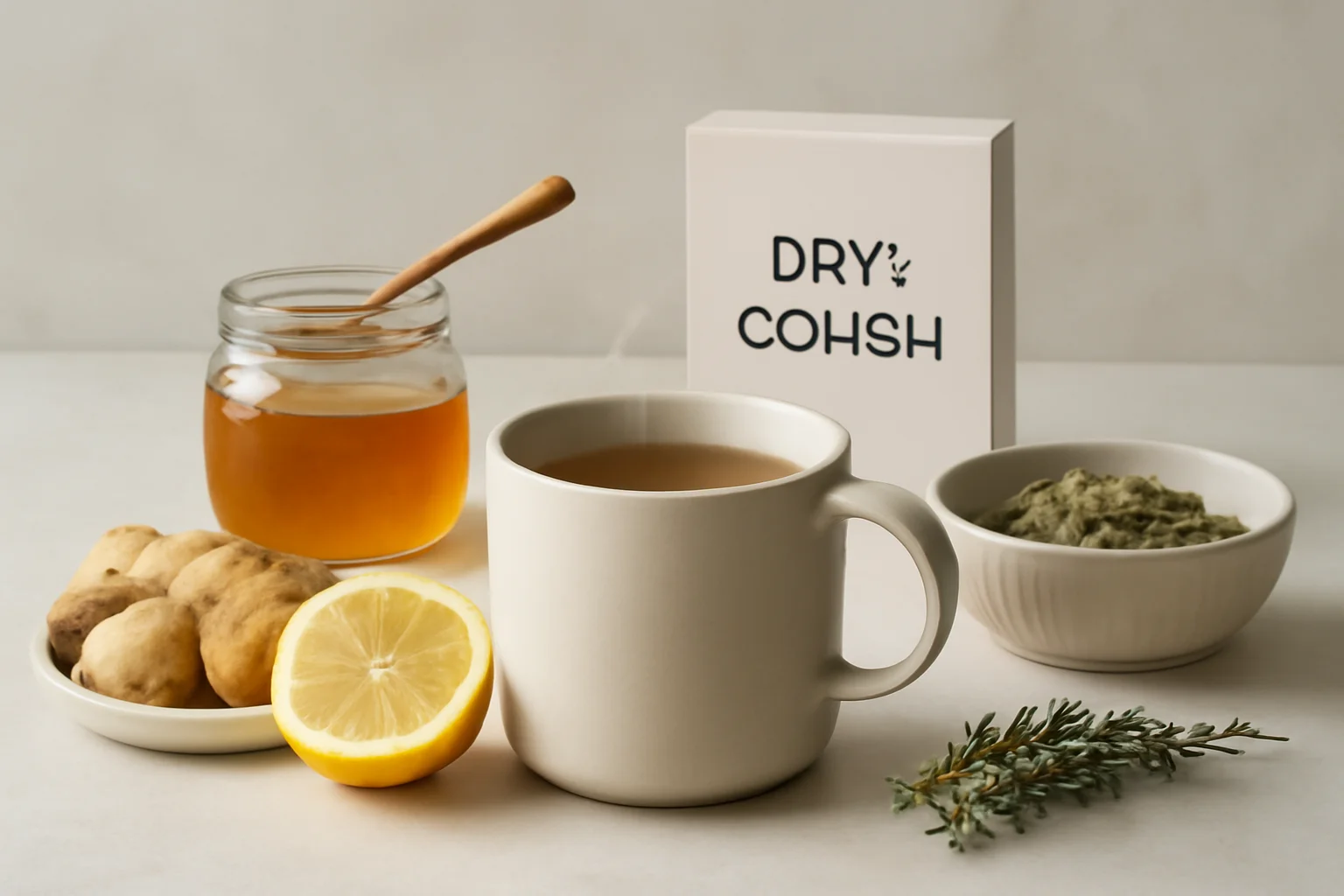
The effects of thyme: health benefits and uses
The thyme (Thymus vulgaris) is an aromatic herb that has been popular in both gastronomy and folk medicine for centuries. Many cultures, from the ancient Egyptians to the Romans, have revered this plant, which is not only a flavorful spice but also possesses numerous beneficial effects. Due to its essential oils and antioxidant properties, thyme plays a significant role in maintaining health, reducing inflammation, and strengthening the immune system.
Thyme is rich in nutrients, vitamins, and minerals that contribute to the overall well-being of the body. The essential oils, such as thymol and carvacrol, are popular not only for their aroma but also for their antibacterial and antifungal effects. In many communities, thyme is used in traditional medicine, particularly for treating respiratory issues, digestive disorders, and skin diseases.
Although the ways to use thyme are diverse, scientific research also confirms the plant’s beneficial effects. Thus, thyme is not only a delicious spice but also a powerful herb that can offer numerous advantages in our daily lives.
The Nutritional Content and Beneficial Components of Thyme
Thyme’s nutritional content is exceptionally rich, contributing to the plant’s beneficial effects. Most of the bioactive compounds, including essential oils, vitamins, and minerals, are found in its leaves. Among the vitamins present in thyme, vitamin C stands out for its strong antioxidant properties, helping to protect cells from harmful free radicals.
Additionally, thyme contains significant amounts of vitamin A, vitamin K, folate, and vitamin B6. Among the minerals, calcium, magnesium, potassium, and iron are notable, all of which contribute to bone health and proper muscle function. The beneficial effects of thyme are partly due to its essential oils, particularly thymol and carvacrol, which have strong antibacterial and anti-inflammatory properties.
These components not only provide the herb’s flavor and aroma but also contribute to the treatment of various health issues. Regular consumption of thyme supports the immune system, helps prevent respiratory illnesses, and reduces the level of inflammation in the body. Due to the presence of antioxidants, thyme may also help slow down the aging process of cells.
The Health Benefits of Thyme
Thyme offers numerous health benefits, among which the most well-known include alleviating respiratory issues, strengthening the immune system, and reducing inflammation. The essential oils in thyme, particularly thymol, can help treat coughs, colds, and respiratory infections. Inhaling the steam from thyme can open the airways, making breathing easier.
Furthermore, thyme has a positive effect on digestive problems. It may help alleviate bloating, heartburn, and digestive disorders by stimulating the production of stomach acid and improving digestive processes. Thyme consumed in tea form or after meals can be particularly beneficial.
Due to its anti-inflammatory properties, thyme can also prove useful in treating skin problems. Oils and extracts made from the plant can help reduce symptoms of acne, eczema, and other skin diseases. Thyme is generally well-tolerated, but it is advisable to perform a patch test before applying it to the skin to avoid potential allergic reactions.
Additional benefits of thyme include reducing stress and improving mood. The essential oils of the plant can promote relaxation, reduce anxiety, and enhance sleep quality when used in aromatherapy.
Ways to Use Thyme
The uses of thyme are incredibly versatile, found in both the kitchen and medicine. It is most commonly used as a spice, adding a unique flavor and aroma to dishes. Fresh leaves or dried thyme can be used, and it pairs well with meat dishes, soups, stews, and vegetables. Thyme is also a great addition to sauces and salads.
Thyme is popular in tea form, made by steeping the leaves. This tea is not only flavorful but also favored for its health benefits. Thyme tea is often consumed to alleviate bloating, anxiety, and respiratory issues.
Thyme is also available in oil form, which is used for aromatherapy purposes. When diffused or applied during massage, the oil can help reduce stress and treat skin problems. Additionally, thyme essential oil is useful in households as a natural disinfectant.
It is important to mention that when using thyme, individual sensitivities should be considered. Although the plant is generally safe, excessive consumption may cause allergic reactions in some individuals. It is advisable to use it in moderation, and anyone with health concerns should always consult their doctor.
This article does not constitute medical advice, and in the case of health issues, everyone should follow their doctor’s recommendations.

